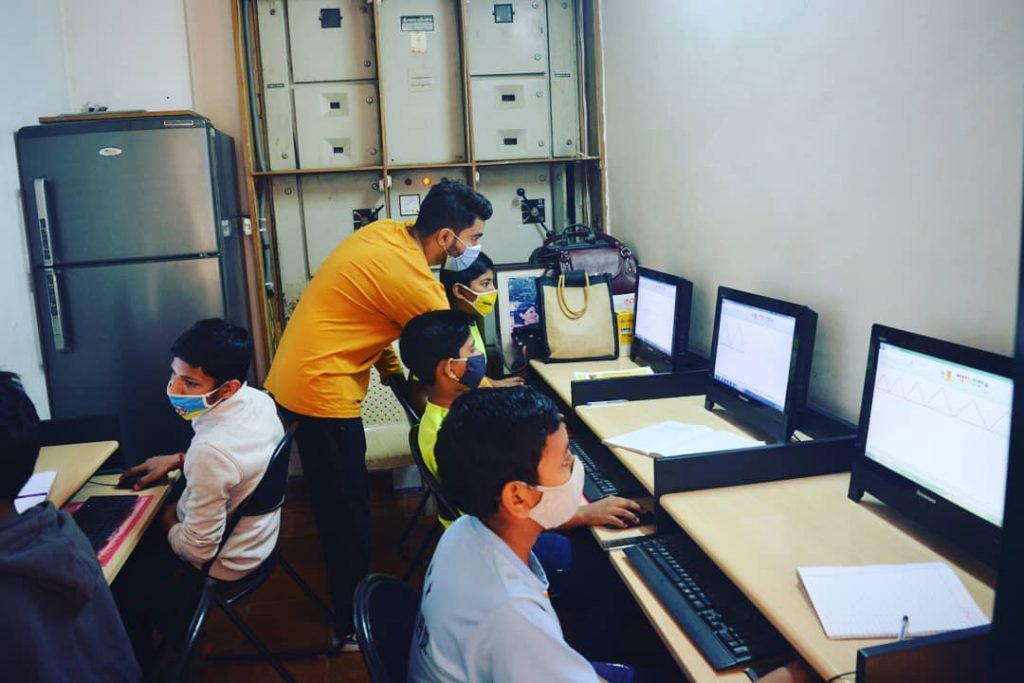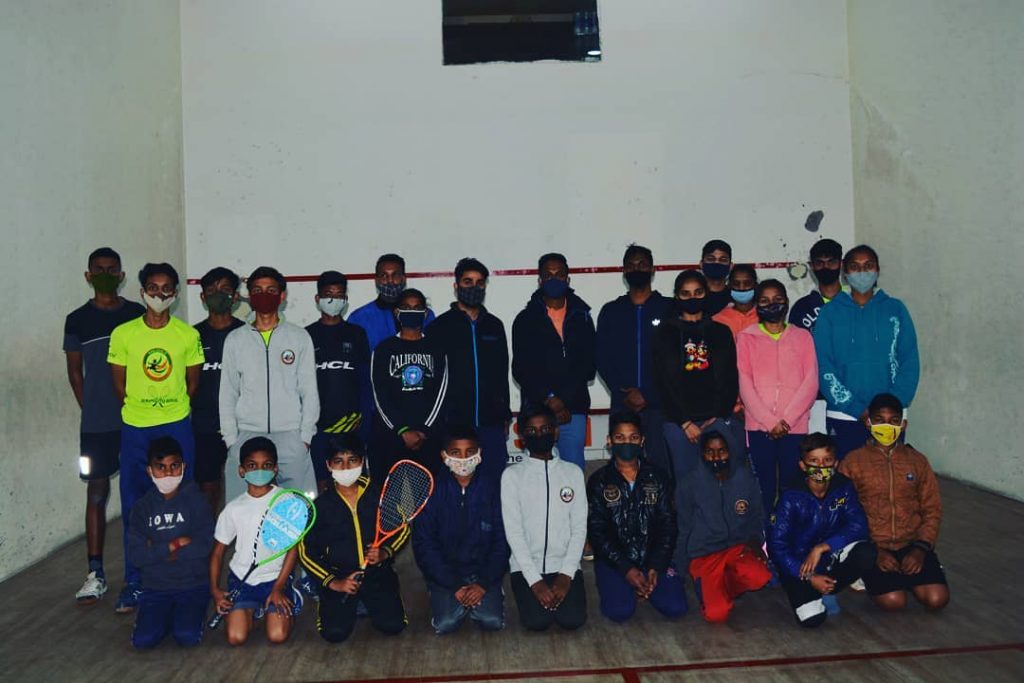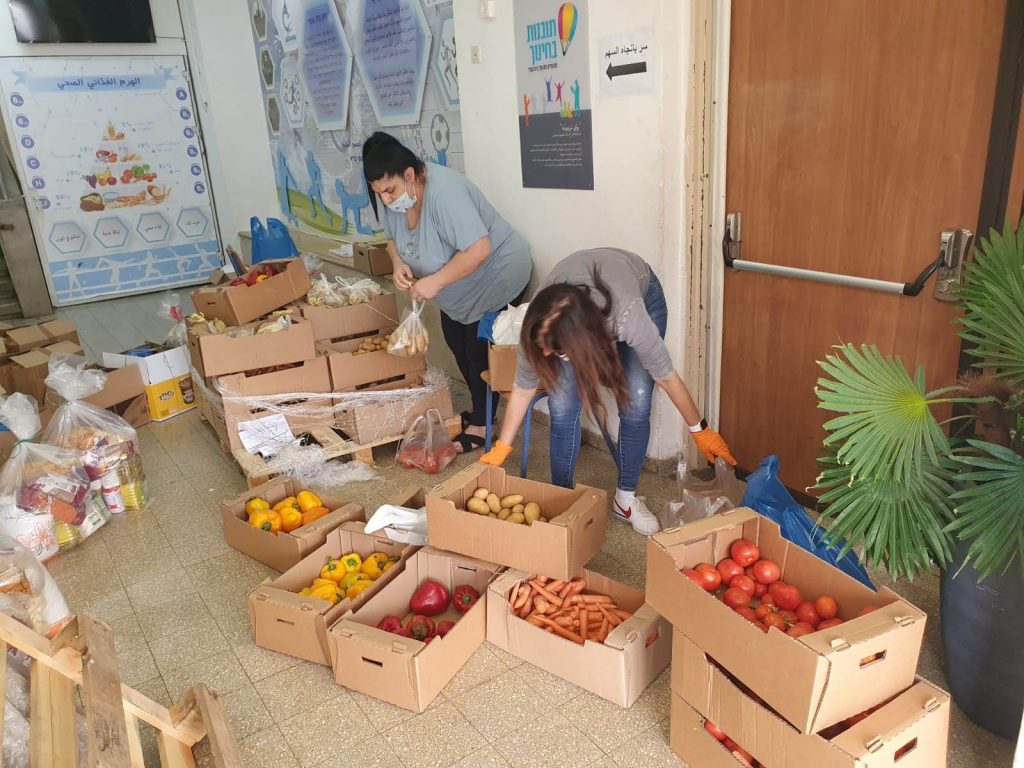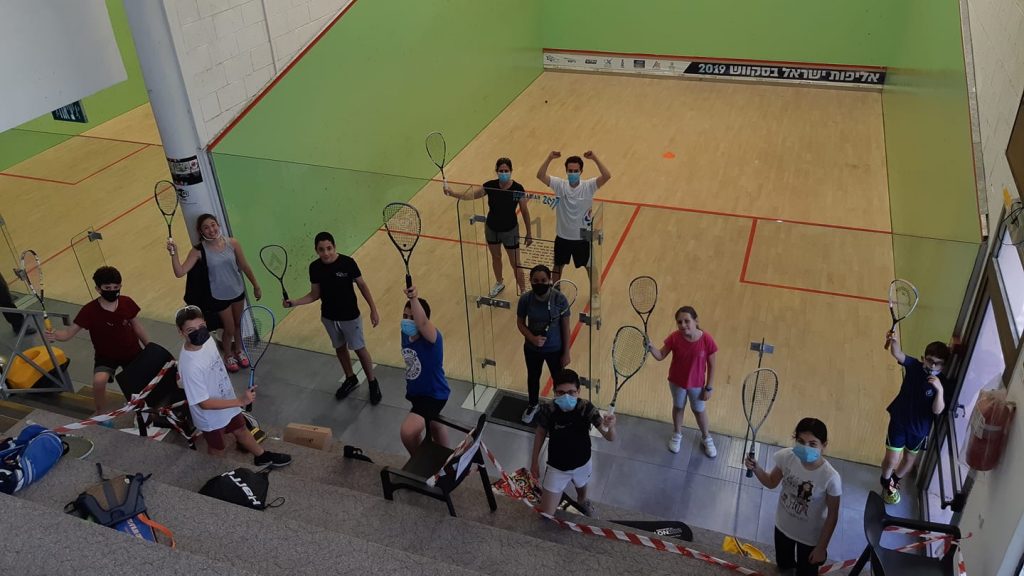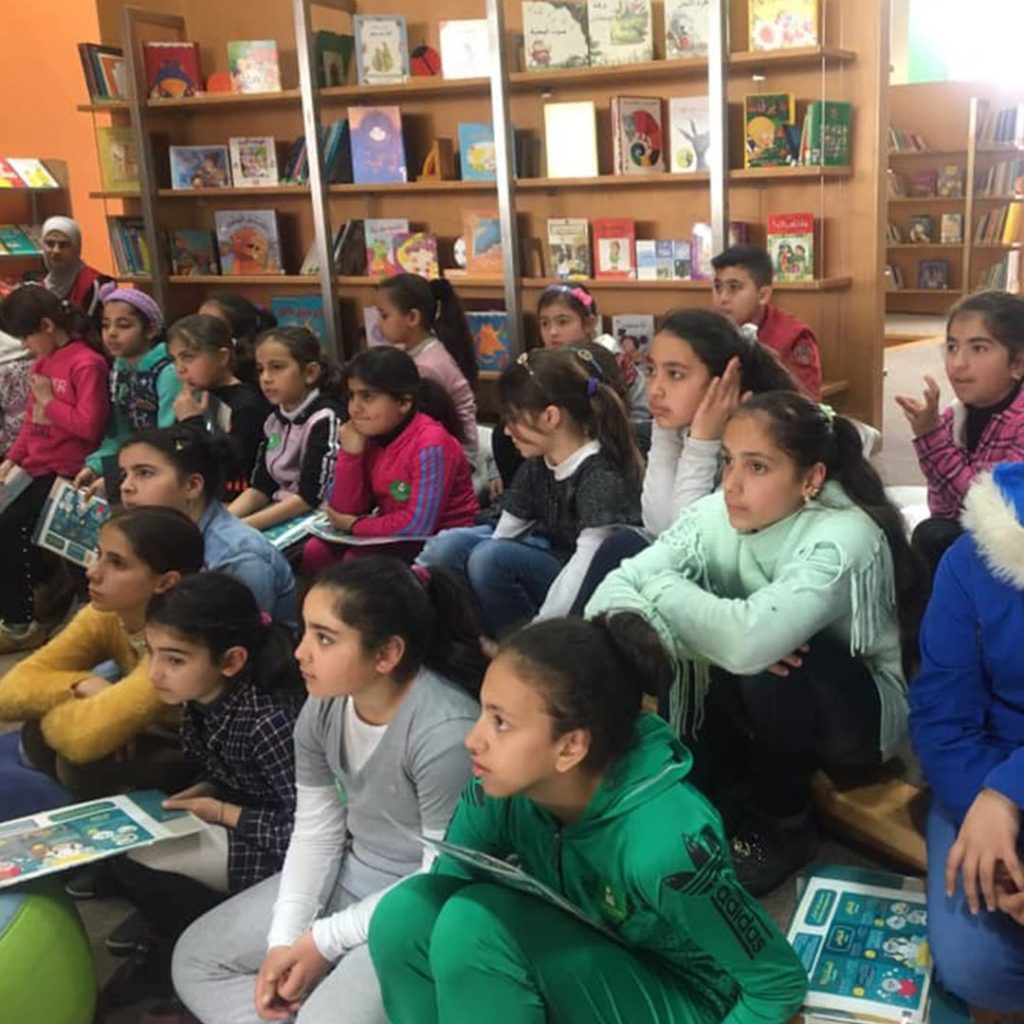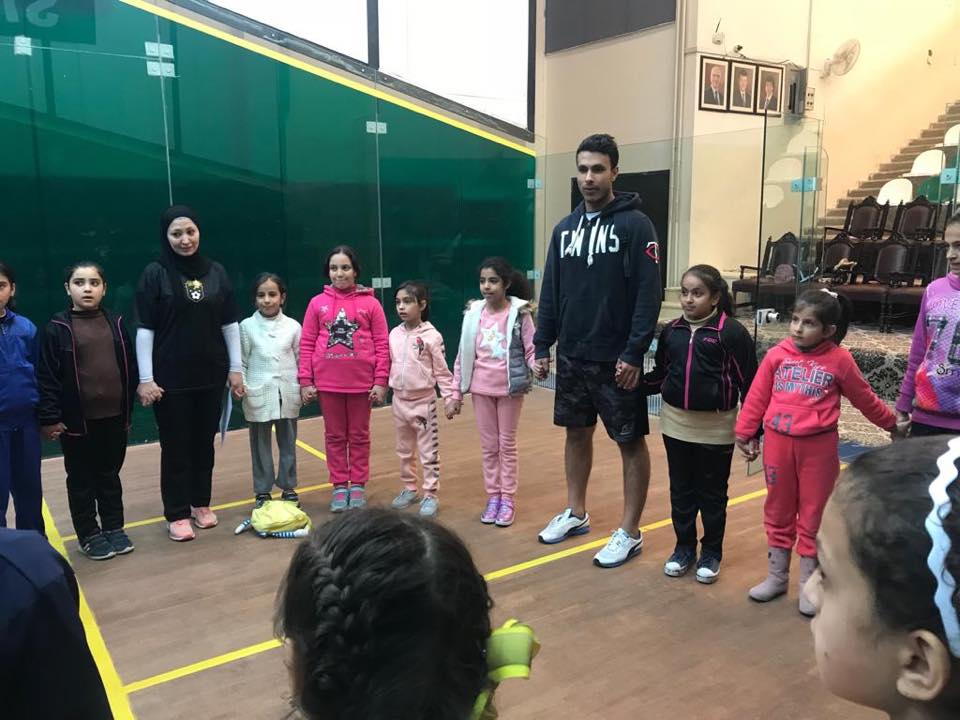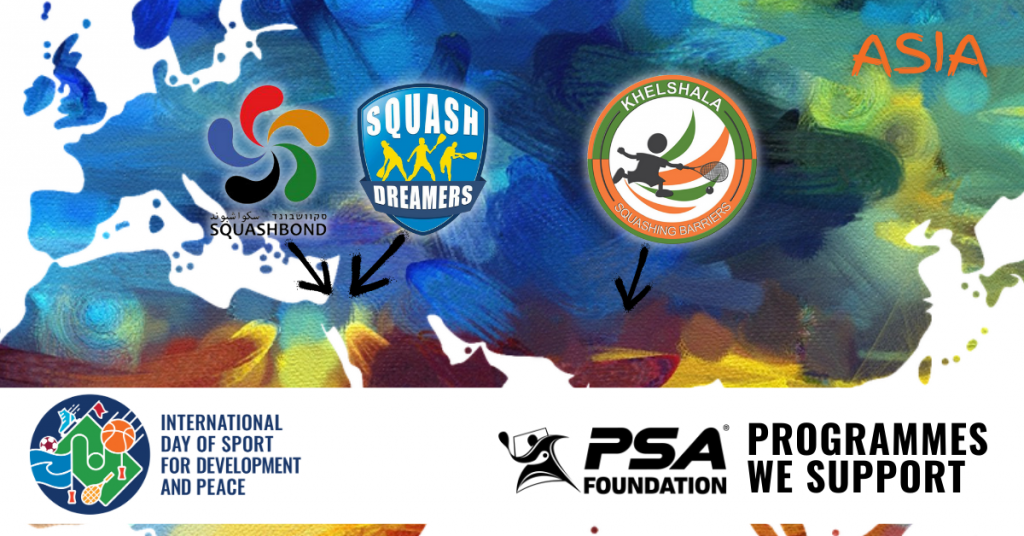
As part of International Day of Sport for Development and Peace on April 6th, we are taking a look at the programmes we support all over the world, with today’s piece focussing on the Continent of Asia. So far there are three squash programmes the PSA Foundation have partnered with in Asia that all use squash to improve quality of life in underserved communities.
The continent of Asia boasts some competitive countries in squash, with 5.25% of players competing on the PSA Tour hailing from India, 4.4% from Malaysia and 7.9% Pakistan. Not to mention producing the likes of eight-time World Champion Nicol David of Malaysia, 10-time British Open Champion Jahangir Khan and 8-time World Champion Jansher Khan, both from Pakistan.
SQUASH BOND – ISRAEL
Through intensive training in the sport of squash, educational programmes and ongoing mentorship, Squash Bond in Israel currently develops roughly 80 Arab and Jewish children into young adults who have self-confidence, perseverance, and respect for peers of different religious and socio-economic backgrounds.
They recognized that the Jewish and Arab communities living in Israel simply share the land, but rarely coexist. This segregation has been perpetuated for decades of political and religious differences exacerbated by the media. Co-founder Nitzan Moree believed that creating one-on-one group interactions could help change the perception of the stigma of “the Arabs” and “the Jews” dichotomy. His plan to counterbalance this, was to create positive interactions through the game of squash.
Over the last year facing the effects of the pandemic, there have been some fantastic initiatives to keep their juniors happy and healthy, with the likes of vital food drives and virtual workouts. For short intervals the Squash Bond juniors have been able to venture back on court, but have faced long periods away due to the restrictions placed on indoor sports. Find out more about Squash Bond here: https://www.squashbond.org/
SQUASH DREAMERS – JORDAN
Squash Dreamers, based in Jordan, is dedicated to training Syrian refugees and underprivileged Jordanian girls in Amman to become competitive squash players. They also provide English language education with the hopes of enrolling them in schools, universities and colleges with squash scholarship programmes.
According to the United Nations High Commission for Refugees, there are 5,624,891 registered Syrian refugees as of June 2018, 666,596 of which reside within Jordan. Of the Syrian refugees in Jordan, 232,500 are school-aged children, but only 145,000 are attending schools. The influx of students has placed a burden on Jordan’s already struggling education system, now constrained to a few hours per day and using a double-shift school schedule.
With the longterm success of Syrian refugee and Jordanian girls in mind, Squash Dreamers have dedicated themselves to training them in squash and English. They hope that these skills help them get scholarships to both higher quality high schools in Jordan and later, universities.
Recent initiatives in light of the pandemic have included a donation drive of old mobile phones to allow the juniors to continue their English lessons and online follow along physical activities. Squash Dreamers have been intermittently allowed back into their facilities but have also faced long periods away from the courts.
Find out more about Squash Dreamers here: https://www.squashdreamers.org/
KHELSHALA – INDIA
Based in India, Khelshala is committed to enhance the future of underprivileged children by building life skills through sports and academics. By introducing a lifetime sport like squash, Khelshala attracts children to the programme and helps them develop teamwork, responsibility and character. Khelshala supports around 75 weekly juniors in their programme, but reaches significantly more throughout the year through their outreach work.
Khelshala engage children during after school hours at one of our two facilities located in Attawa and Majra to give them a platform to have a meaningful social interactions through sport. They offer guidance and help to complete their homework, encourage them to read books, gain basic computer literacy skills and discuss recent news. To combat malnutrition, they offer supplemental nourishment in the form of fruits, milk and vitamins.
Since the COVID-19 outbreak, Khelshala have had great success in food drives, provision of medical supplies and mobile phones to keep up with education support. Khelshala is currently back on court and in classrooms, and recently their juniors celebrated World Water Day by attending a cleanliness drive, cleaning up the rubbish found at Siswan Dam, pictured below.
To find out more about Khelshala, visit: https://www.khelshala.in/
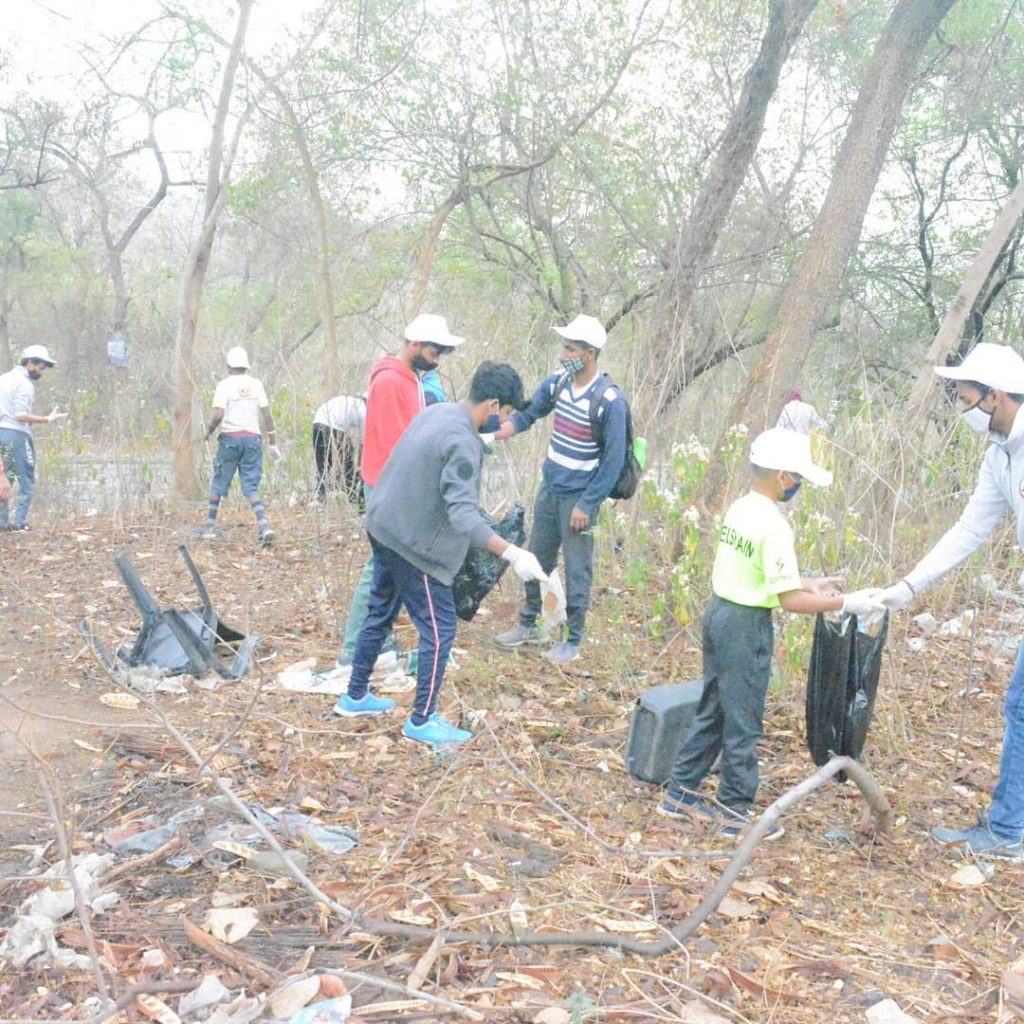
World Water Day – Cleanliness Drive 